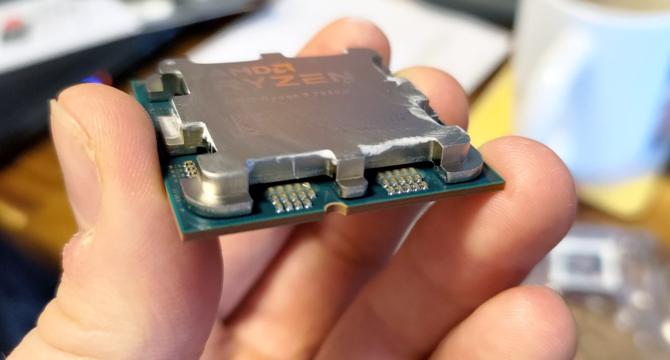Digitaltrends
1M
54

Image Credit: Digitaltrends
What is a CPU? Here’s everything you need to know
- A CPU, which stands for 'central processing unit,' is responsible for processing and executing instructions and acts as the brains of computer devices.
- CPUs are made by arranging billions of microscopic transistors onto a single computer chip which enable the CPU to perform the computations necessary for executing programs stored in the system's memory.
- At its core, a CPU takes instructions from a program or application and performs a calculation via three key stages: fetch, decode, and execute.
- Clock speed is prominently advertised when looking at CPUs, but it's not the whole picture regarding performance. A faster clock speed means a faster processor, but a newer model's more advanced underlying silicon will deliver significantly more work than an older processor with a faster clock speed.
- Your CPU isn't as important for overall system performance as it once was, but it still plays a major role in the response and speed of a computing device, and without it, the device wouldn't work at all.
- Gamers will generally find a benefit from higher clock speeds, while more serious work such as CAD and video editing will see an improvement from a higher CPU core count.
- Entry-level processors today have between two and four cores, while six to eight cores is more mainstream in gaming devices and PCs.
- High-end models can have anywhere up to 32 cores, and professional hardware can go beyond that. Many processors also employ a technology called simultaneous multi-threading.
- AMD does something similar with its Ryzen CPUs, while Intel and AMD both offer CPUs with graphics chips and memory stored on them, meaning they can do more than just standard CPU functions.
- To minimize costs, it's possible to avoid the latest hardware and instead stick to a recent generation of CPU. Unless you’re a hardcore gamer or someone looking to edit videos, you don’t need to spend more than $200 to $300.
Read Full Article
3 Likes
For uninterrupted reading, download the app